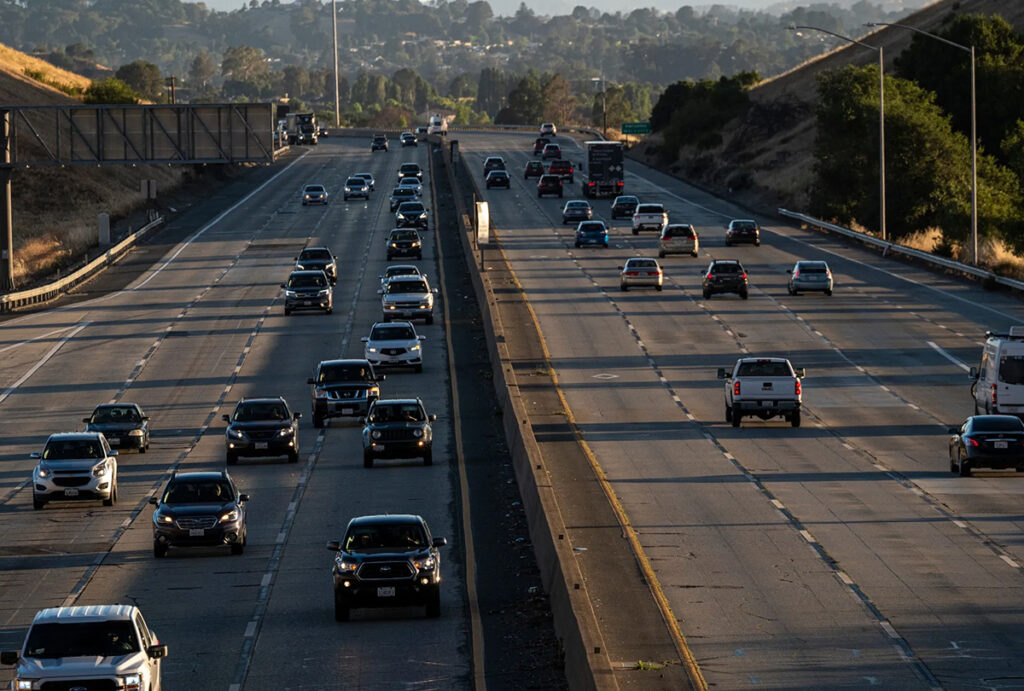US Driving Season Starts Strongly for Oil Refiners


More Americans hit the road last Memorial Day weekend than a year ago. Photographer: David Paul Morris/Bloomberg
The driving season in the US officially began Monday with the Memorial Day weekend. The initial data show more Americans hit the road compared with last year, a good sign for gasoline demand and the companies that make the fuel.
Consumption over the three-day period was up as much as 2% from the same weekend last year, according to GasBuddy, a firm that tracks fuel prices.
In anticipation of a big driving weekend, gas stations filled up their underground tanks, with gasoline demand averaging 9.5 million barrels a day in the week ending May 23, a seven-year seasonal high.
That’s a good incentive for US refiners to raise production into the peak months for demand, which is when they make the bulk of their money. Their margins are about $1 a barrel higher than last year, while they’re currently processing about 750,000 barrels a day of crude less.
“Refineries have a lot of room to run hard,” GasBuddy’s Head of Petroleum Analysis Patrick De Haan said in an interview.
To be sure, there’s plenty of economic uncertainty heading into the summer. The US economy contracted slightly during the first quarter, with consumer spending growth at its weakest pace in almost two years.

A customer fuels a vehicle at a gas station in San Francisco. Photographer: David Paul Morris/Bloomberg
Households may end up deferring summer travel decisions or waiting for last-minute deals, which could see a swing to air travel late in the season.
But at least for now, economic anxiety is manifesting in a preference for driving over flying, according to reports from both the American Automobile Association and Bank of America Corp. released prior to Memorial Day.
Cheaper prices at the pump are a major factor driving the rise in demand, De Haan said. Average nationwide gasoline prices on Memorial Day were $3.17 a gallon, 41 cents less than last year, according to AAA figures.
Even those who are nervous about the economy and employment are getting in their cars, he said.
—Nathan Risser, Bloomberg News
Share This:
energynow








